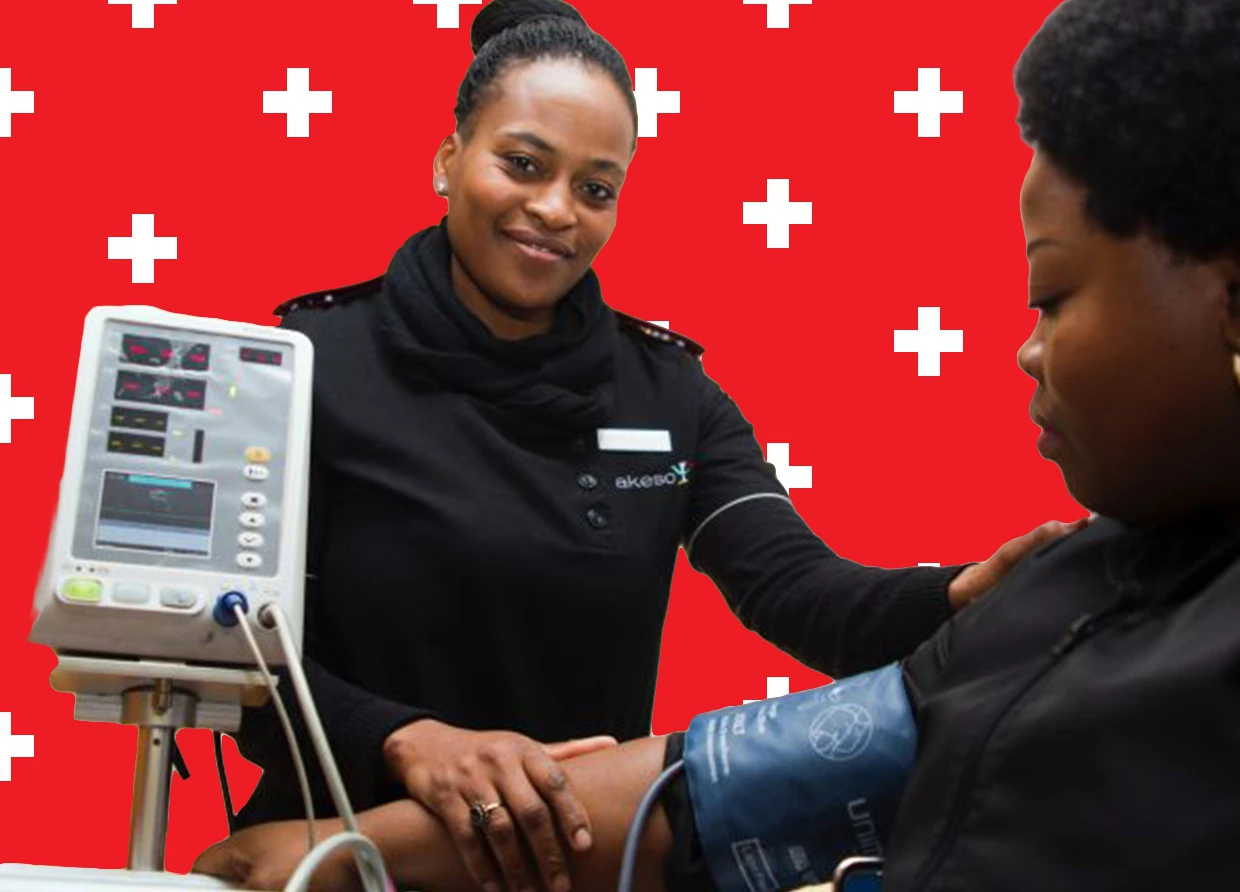BREAKING BIASES AND MEETING WOMEN'S UNEXPLORED HEALTHCARE NEEDS
Frost & Sullivan recognizes women's contributions in breaking the technological barriers in accessing healthcare.

The pandemic highlighted the need for a more equal system and the role of women in technology in addressing the issue. On this International Women's Day, Frost & Sullivan recognizes the contributions of women in technology in helping break the barriers that women face in accessing healthcare.
The global femtech market reached $707.6 million (Rp 10.16 trillion) in 2021 and is expected to reach $1.15 billion (Rp 16.56 trillion) by 2025. While the older generation will continue to account for the largest market share, the younger generation is anticipated to adopt new technologies more enthusiastically.
View this post on Instagram
A Frost & Sullivan study focused on the COVID-19 pandemic and the changing healthcare needs of women revealed that the market for femtech solutions is expected to grow at a robust rate.
The rise of personal health and well-being has opened up the market to tech companies such as Apple and Fitbit, introducing products related to monitoring and tracking women's cycles.
"The push toward personal health and wellness has opened up the market to tech giants such as Apple and Fitbit that introduced menstrual cycle tracking solutions. There will also be a significant market for medtech companies that can offer solutions for under-addressed health issues related to fibroids, thyroid, and endometriosis," Frost & Sullivan's Industry Analyst Suchismita Das explained.
Das also noted that with the increasing number of women entering the workforce, the demand for femtech has also risen. Over the next couple of years, the government will step up its efforts to address this demographic's needs.
New technologies such as artificial intelligence (AI) and 3D printing are expected to boost the development of remote monitoring and telehealth solutions. They will also contribute to the market's growth.
"Meanwhile, emerging technologies such as AI, machine learning, 3D printing, 3D sensors, enhanced imaging, and screening solutions are expected to accelerate the use of telehealth and remote monitoring solutions," Das added. "Innovations in solutions, devices, and services will prompt further advances in the femtech industry and support the delivery of convenient, hyper-personalized care."
View this post on Instagram
How industries can adapt:
- A variety of programs and services will be launched to help women manage their chronic health conditions through a personalized approach.
- To create awareness around menopause, the industry should develop programs and services that can help older women manage their chronic health conditions.
- AI-enabled cancer care solutions: med-tech companies can develop AI-powered cancer care solutions that can aid in early diagnosis and treatment.
- Femtech companies can also work with employers to provide better health insurance plans.



























